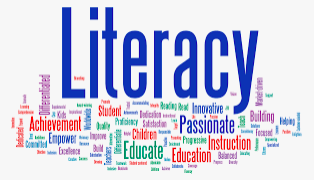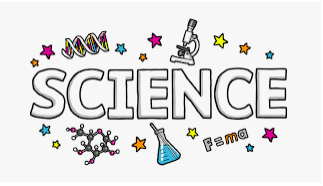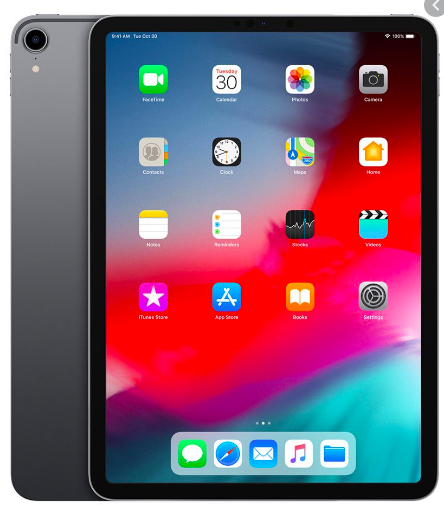Fourth Grade Curriculum
-
Literacy - Reading
Mini Lessons - St. Paul Public Schools will be implementing Fountas and Pinnell's Mini Lessons. These lessons will help drive our reading during work time, help with critical thinking, synthesizing information, inferring, and book discussions.
Guided Reading/Book Clubs/Listening to Reading - students will be assigned to a guided reading group or book club that will meet with Ms. J., the EL (English Language) teacher or the SPED (Special Education) teacher at a specified time and date.
Interactive Read Alouds - This 15 minute read aloud will introduce students to upcoming topics we will be discussing in Reading.
Literacy - Writing
Genres of writing:
- Personal Narrative
- Personal Essay
- Research
- Literacy Essays
- Poetry
- Realistic Fiction
Literacy - Skills
Students will work in small groups using the Words Their Way curriculum.
Math -
Lessons:
- TQE (Task/Question/Evidence) lessons
- Math Review/Number Talks - students will complete the math review 4 days a week, they will show their work and be able to explain their thinking; one day a week we will discuss math through Number Talks
Flexible Small Groups: students will be assigned into small groups with Ms. J to work on math skills at a specified time and day of the week.
Social Studies -
North American studies - we focus on the regions of Canada, United States of America and Mexico. We also discuss the people, cultures and land.
Maps - we discuss longitude and latitude and types of maps.
Indegenious Americans from MN - We will learn about the history of these Native Americans and where they are today.
Science -
Nature of Science and Engineering
- Describe the positive and negative impacts that the designed world has on the natural world as more and more engineered products and services are created and used.
Energy: Magnetism, Electricity, and Heat
- Compare materials that are conductors and insulators of heat and/or electricity. For example: Glass conducts heat well, but is a poor conductor of electricity.
- Demonstrate how an electric current can produce a magnetic force. For example: Construct an electromagnet to pick up paperclips.
Engineering
- Test and evaluate solutions, considering advantages and disadvantages of the engineering solution, and communicate the results effectively.
Human Immune System
- Recognize that the body has defense systems against germs, including tears, saliva, skin and blood.
States of Matter
- Describe how the states of matter change as a result of heating and cooling.
Water
- Identify where water collects on Earth, including atmosphere, ground and surface water, and describe how water moves through the Earth system using the processes of evaporation, condensation and precipitation.
- Describe how the methods people utilize to obtain and use water in their homes and communities can affect water supply and quality.











